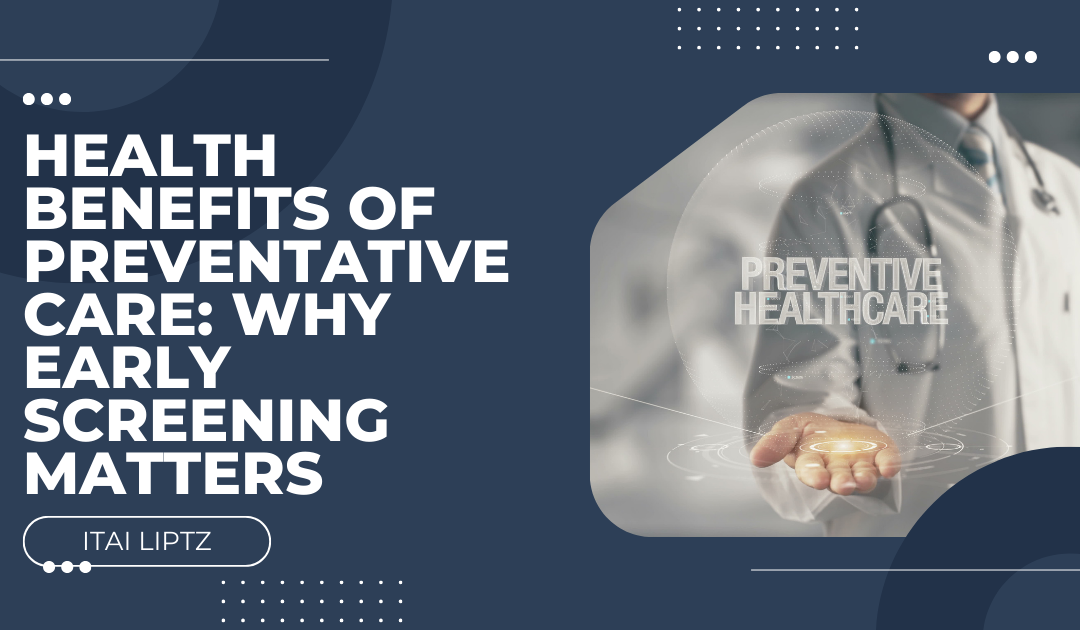Preventative care is a proactive approach to health that emphasizes early screening, vaccinations, and lifestyle changes to prevent diseases before they become serious. The benefits of preventive care extend beyond individual health to broader societal and economic impacts. By catching potential health issues early, preventive care can reduce the likelihood of chronic conditions, lower healthcare costs, and improve quality of life.
Early screening is one of the cornerstones of preventive care, enabling healthcare providers to detect diseases at their earliest and most treatable stages. Many chronic conditions, such as heart disease, diabetes, and certain cancers, develop gradually over time. Regular screenings can identify warning signs, like high blood pressure or elevated blood sugar levels, before they escalate into full-blown disease. For instance, colorectal cancer screening can detect precancerous polyps, allowing them to be removed before they turn into cancer. Similarly, mammograms can detect breast cancer early, significantly improving survival rates and reducing the need for aggressive treatments.
Preventive care is particularly beneficial for managing risk factors associated with chronic diseases. Conditions like high cholesterol, hypertension, and obesity often contribute to more severe health issues if left untreated. Through routine check-ups and screenings, healthcare providers can identify these risk factors and recommend lifestyle changes or medications to address them. For example, a patient with high cholesterol may be advised to adopt a heart-healthy diet and exercise routine, which can prevent the development of cardiovascular disease. Such early interventions are less invasive, more affordable, and have fewer side effects than treatments required for advanced diseases.
Vaccinations are another key element of preventive care that protect individuals and communities from infectious diseases. Vaccines have eradicated or significantly reduced the incidence of many dangerous illnesses, such as polio and measles. By ensuring high vaccination rates, communities achieve herd immunity, which helps protect those who are unable to receive vaccines, such as infants and individuals with compromised immune systems. The widespread use of vaccines has proven to be one of the most effective public health measures, saving millions of lives and reducing healthcare costs globally.
Preventive care also has a considerable economic impact. Chronic diseases are costly to treat, often requiring long-term medication, hospital visits, and specialized care. By investing in preventive measures, healthcare systems can reduce the financial burden associated with treating advanced diseases. Moreover, preventive care improves productivity by keeping individuals healthier and reducing the number of workdays missed due to illness. For individuals, preventive care reduces out-of-pocket expenses by minimizing the need for more expensive treatments later on.
In conclusion, the benefits of preventive care are far-reaching, contributing to healthier lives, reduced healthcare costs, and improved community health. By prioritizing early screenings, vaccinations, and proactive health management, individuals and healthcare providers can work together to prevent the onset of diseases, leading to longer, healthier lives. Preventive care empowers people to take control of their health, reduces the societal burden of chronic diseases, and underscores the importance of proactive health management in today’s healthcare landscape.

